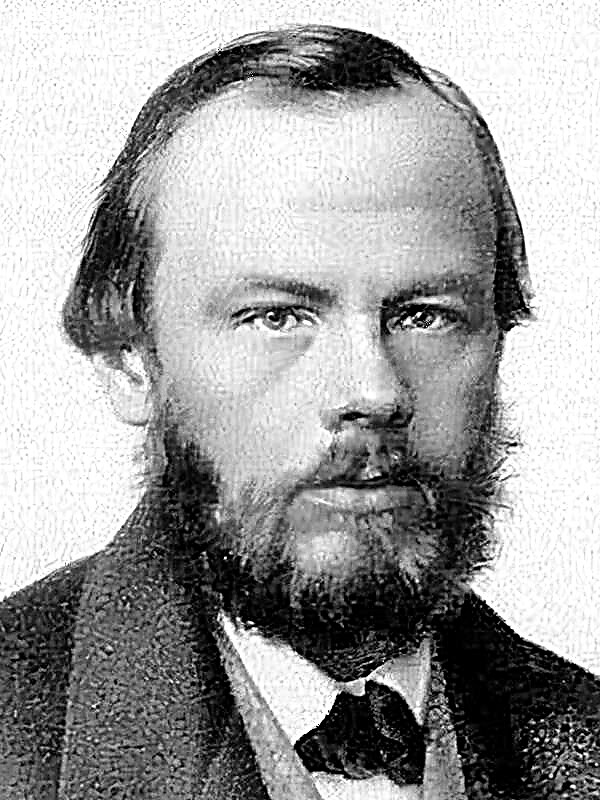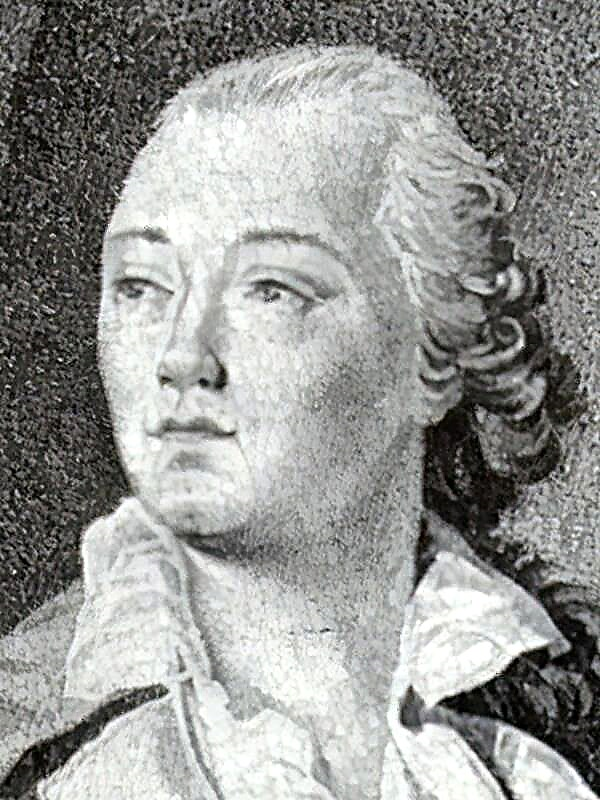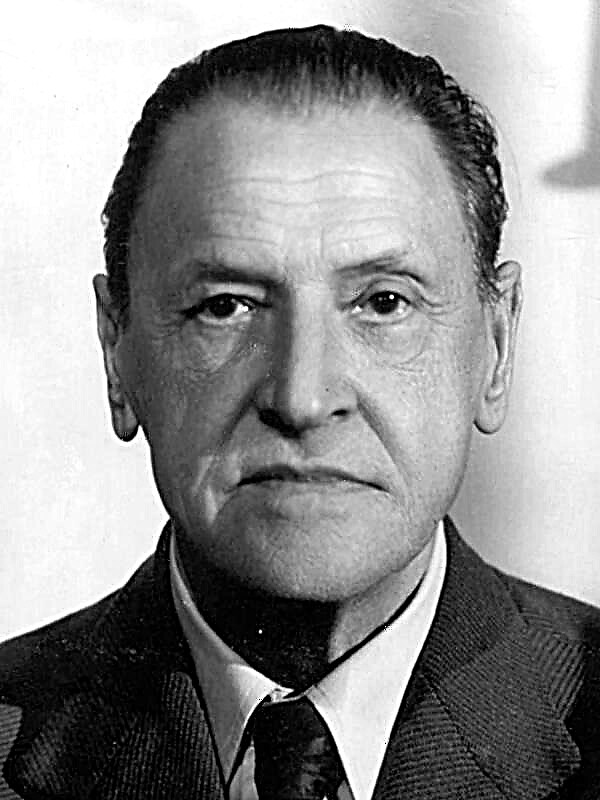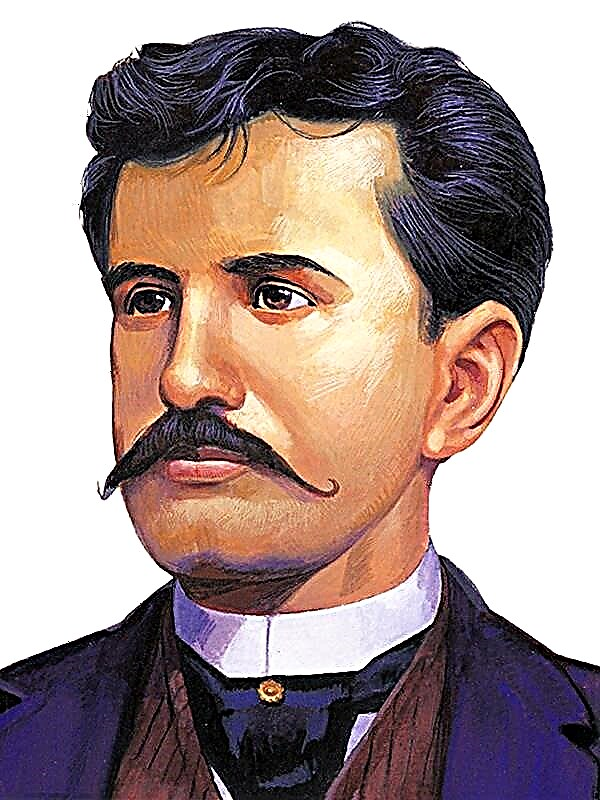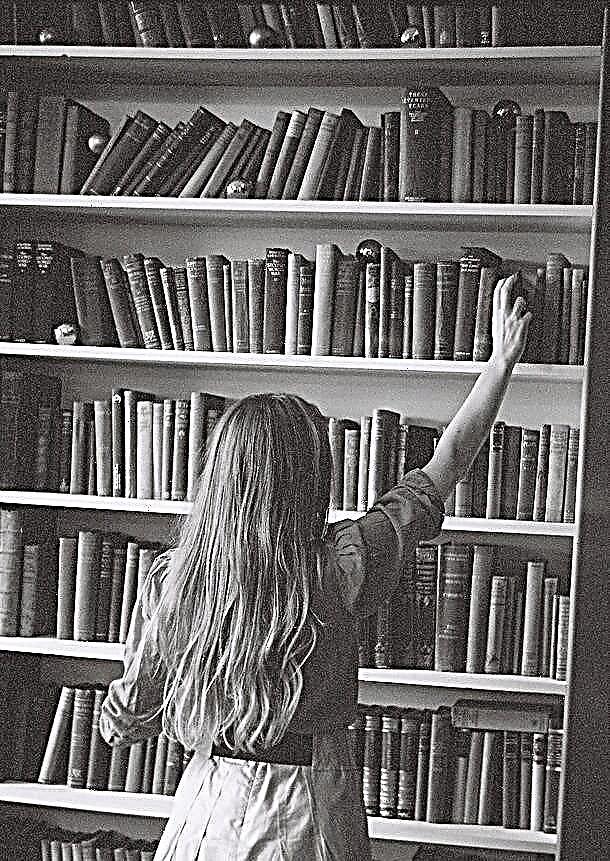Alexander Sergeyevich Pushkin is truly considered one of the greatest poets and writers in the whole world. His contribution to the development of Russian literature cannot be overestimated. The collection of Alexander Sergeyevich hundreds of poems, dozens of poems and novels. Being a highly educated man, he incorporated all the features of an intelligent pious man. For him, eternal values are not an empty phrase, but a law that cannot be crossed.
History of creation
The poem "Friends" was written by the poet at a fairly young age, in 1816. Pushkin was only 17 years old when he realized to the end that friendship is a man’s sacred duty; he carries this motive through most poems.
Speaking of those to whom it was the poet who devoted these lines, it should be called his closest and most devoted friends - lyceum students: Pushchin, Kyukhelbeker, Delvig, Malinovsky. Of course, the reader does not observe a direct transfer of names or surnames, but it is not necessary either, and countless letters to these people confirm that Pushkin considered them to be his friends.
The work "Friends" did not see the light of day. The first version of the poem was more lyrical, friendship was similar to love, and it is understandable, because friendship to some extent is love, but not a romantic feeling, but something completely different and no less strong. Pushkin had to slightly correct the content of the poem, and in 1816 it was published.
Genre, direction and size
After editing, the poem “Friends” acquired the character of a typical message - a direct dialogue with those to whom the work is addressed. Pushkin was able to clearly recreate the atmosphere of a casual conversation of friends. This feeling consists of a combination of two methods.
- First, Pushkin uses a two-syllable size of iambic to write a poem, which does not load the line with long and not always easy phrases, creates a dynamic and informal mood from the conversation.
- Secondly, the author expertly uses different types of rhyme: in the first quatrain - cross rhyme (ABAB), in the second - ring (ABBA). Again, a feeling of constantly evolving, rather than frozen in conversation time, is created. Such liveliness of the language only confirms that friendship for Pushkin was one of the most important feelings.
Images and Symbols
The system of images and symbols in this poem is not very diverse. The lyrical hero acts centrally. The hero is a reflection of the author himself, which means that Pushkin’s entire environment is to some extent represented in the poem.
The remaining heroes of the friendly meal are devoid of names, we can only guess who exactly sits with Pushkin at the same table. It is also worth mentioning the image of triumph. Games, songs, poetry reading are symbols of the holiday, in which all the most dear and close friends of Alexander Sergeyevich participate.
Themes and mood
The mood of the whole poem is very light and laid-back. The main theme that the author reveals is the theme of friendship. Pushkin paints a picture of a perfect evening in the company of friends. For the author, friendship is a divine gift. He is glad that he still has the opportunity to see each other like that, listen to the stories of loved ones and tell his own.
There is also a theme to be the transience of life. The author encourages friends to lose the noisy evening, to live the rest of the days brightly and merrily. Yes, the time allotted to us by fate is not long, and this obliges us not to waste time in vain, to live every moment, like the last. Although the poet is at a young age, he already realizes how short his life is, so tears come to his eyes. He calls on his comrades for noisy gaiety, knowing that they have not yet made this sad discovery. He himself finds happiness in their ignorance.
Main idea
The main idea of the poem is the desire to live the allotted time in a fun and productive way. The poet encourages friends to see the charm of the moment that captures their youth. Young people are loved, respected and strong in what each other has. So why indulge in barren sorrows about the transience of being? You need to love and appreciate what is now. And from this mutual joy all anxieties will go away.
Also, the meaning of Pushkin’s lines is the ability to share the feelings of comrades. The poet is happy only because his friends are cheerful. His joy is enough for them to console themselves. This suggests that a person should love not only himself, but also his environment, then he should live brightly and fully.
Means of artistic expression
This poem is not very large in volume, so it does not have many expressive means. The epithets are bright enough: "golden days, golden nights." The author points out the preciousness of time that he can spend in the company of friends, compares it (time) with a rare and expensive metal.
It is also worth noting the figurative and metaphorical antithesis of "I smiled through tears." It is impossible not to draw a parallel with the famous saying “tears of happiness”. The lyrical hero is overwhelmed with feelings, so he does not find the strength to restrain his emotions anymore and cries.

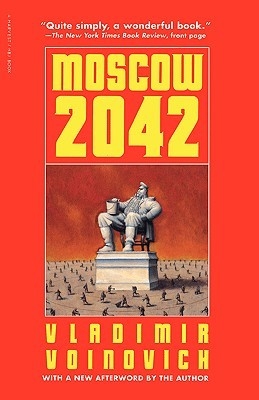
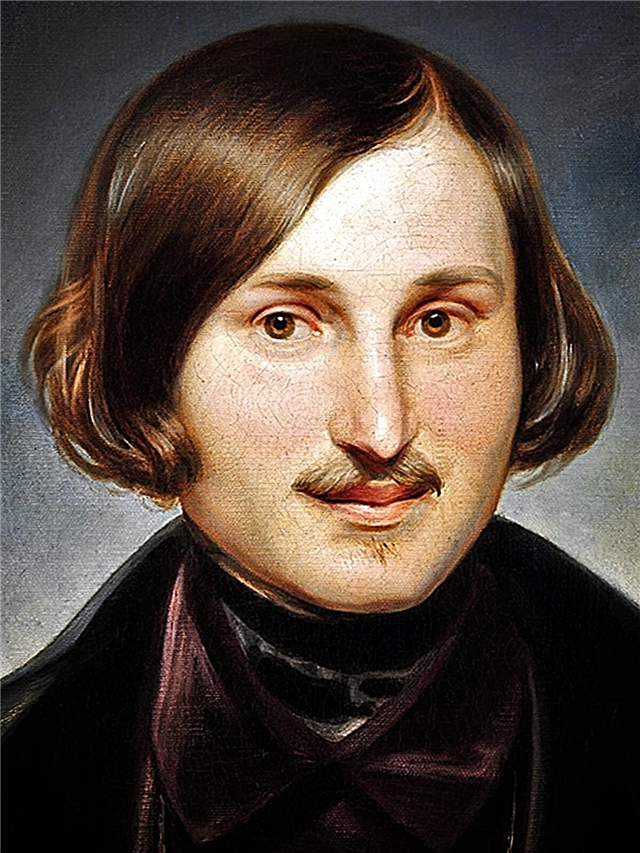 Enchanted place
Enchanted place